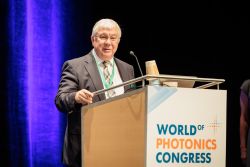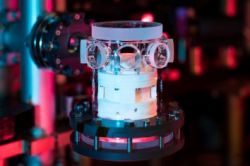
In a groundbreaking collaboration, two world-leading research groups, one led by Francesca Ferlaino and one by Markus Greiner, have joined force to develop an advanced quantum gas microscope for magnetic quantum matter. This state-of-the-art instrument reveals intricate dipolar quantum phases shaped by the interactions as reported in Nature.
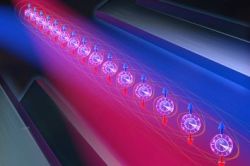
Quantum physics has allowed for the creation of sensors far surpassing the precision of classical devices. Now, several studies in Nature show that the precision of these quantum sensors can be significantly improved using entanglement produced by finite-range interactions. Innsbruck researchers led by Christian Roos were able to demonstrate this enhancement using entangled ion-chains with up to 51 particles.
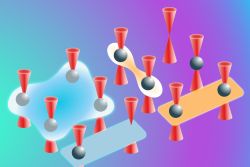
Researchers from Austria and USA have designed a new type of quantum computer that uses fermionic atoms to simulate complex physical systems. The processor uses programmable neutral atom arrays and is capable of simulating fermionic models in a hardware-efficient manner using fermionic gates. The team led by Peter Zoller demonstrated how the new quantum processor can efficiently simulate fermionic models from quantum chemistry and particle physics.
Read more …Scientists develop fermionic quantum processor
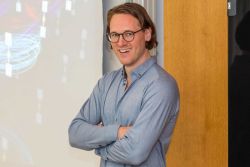
Experimental physicist Maximilian Zanner from Gerhard Kirchmair's research group has been awarded the IQOQI Dissertation Prize 2022. Worth 1,000 euros, it has been awarded since 2013 as a recognition for outstanding scientific achievements in the field of quantum physics. We warmly congratulate Mr. Zanner on this success!
